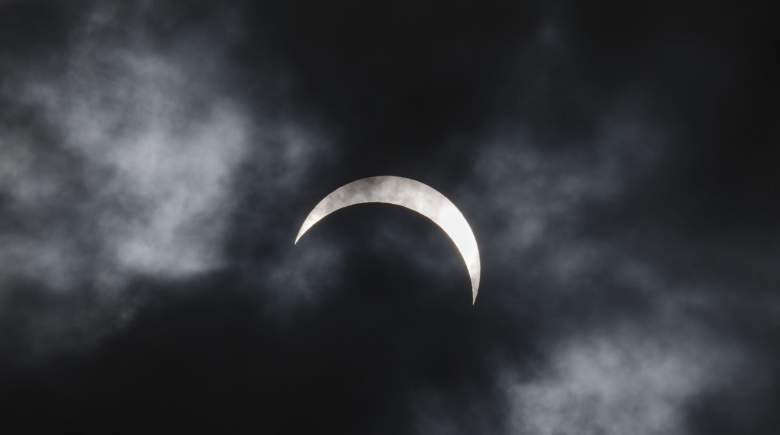
As parts of the United States prepare for the first viewable total solar eclipse since February 1979, there are many safety questions to be answered. One of which, is whether or not it is safe to view the solar eclipse through a camera. The short answer is no, not without a special lens.
According to nasa.gov, one of the most common misconceptions about total solar eclipses is that they produce harmful rays that can cause blindness. In fact, the only safe time to look at the sun would be the point of totality, or the time when the moon completely covers the sun. The harmful part about watching the a solar eclipse is the sun itself, which is why you need special glasses or viewers. If you watch the sun before totality, you will catch a glimpse of the brilliant solar surface, and this can cause retinal damage, according to nasa.gov.
Nasa.gov also says, “do not look at the uneclipsed or partially eclipsed sun through with or without eclipse glasses or hand held solar viewer – the concentrated solar rays will damage the filter and enter your eye(s) causing serious injury.”
Rosseyecare.com says that the only totally safe way to view the solar eclipse through a directly through a camera would be if the camera contained lenses that are approved or manufactured specifically for that device.
According to NASA and the American Astronomical Society, if you are going to view the eclipse, never do so without full time use of nasa.gov approved solar eclipse glasses obtained directly from the list of approved manufacturers listed on the nasa.gov website.
The path of the 2017 solar eclipse will touch 14 states, while at least a partial eclipse will be visible in all 50 states. The total area of the path of totality will be about 16% of the area of the United States, although most of this area is over the ocean. The event will touch land on the Oregon coast as a partial eclipse at 9:06 a.m. PDT on August 21, and will end as a partial eclipse along the South Carolina coast at about 4:06 p.m. EDT.